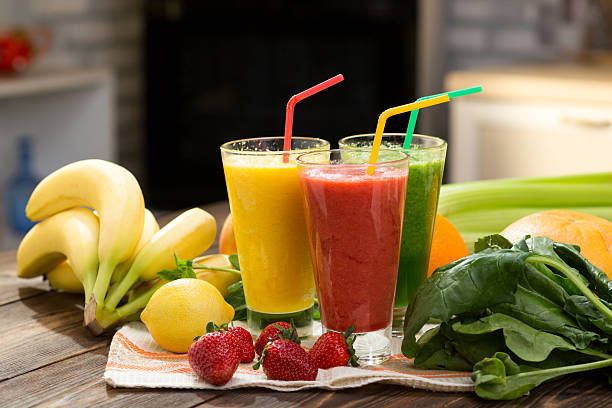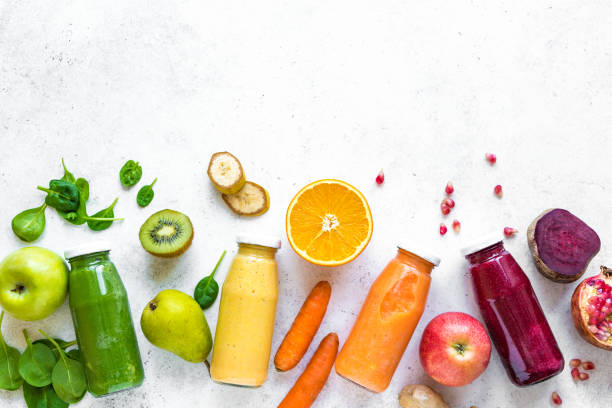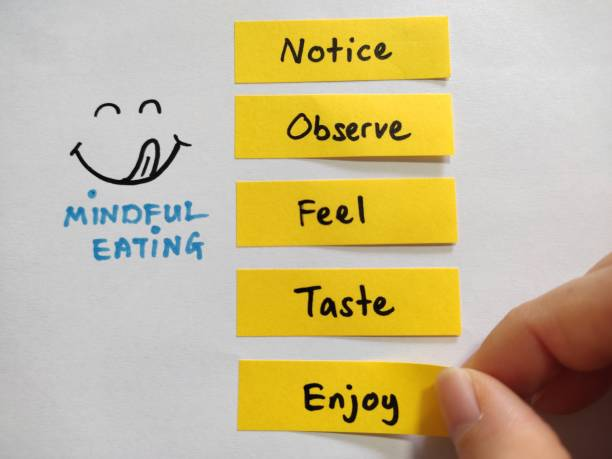Kinds of Diets
Juice Cleanse To Lose Weight
Are you thinking of doing a juice cleanse to lose some weight? Are you wondering if it’s a good way to lose weight? You’re not alone. Juice cleaning has grown in popularity in recent years as a means to detoxify the body and encourage weight loss. But does it actually work? Let’s find out.
What is a juice cleanse?
A juice cleanse is drinking solely fresh vegetable and fruit juices for a certain amount of time, which can range from a few days to a week or more. The concept behind a juice cleanse is to give your digestive system a break from solid foods while flooding your body with nutrients from the juices. Advocates argue that this strategy helps the body to rest, mend, and expel toxins, resulting in weight loss and increased general health.

The concept of weight loss through juice cleanse
The idea behind a juice cleanse for weight loss is that by consuming just juices, you reduce your calorie intake, which leads to weight loss. Juices are often fewer in calories than solid foods, especially if composed primarily of vegetables. This calorie shortfall is thought to produce an environment in which the body begins to burn stored fat for energy, resulting in weight reduction.
However, it is crucial to note that weight loss during a juice cleanse is frequently transient and is mostly related to water weight loss and a reduction in waste buildup in the digestive system. When you resume your normal eating habits, the weight you lost during the cleanse may rapidly return.
Pros and cons of juice cleanse for weight loss
Pros of juice cleanse for weight loss
- Detoxification: Because fresh juices include high levels of antioxidants and phytochemicals, juice cleanses can aid in the removal of toxins from the body.
- Kickstart to healthier habits: Beginning a juice cleanse can act as a drive to develop healthier eating habits and enhance overall wellness.
- Increased fruit and vegetable intake: Juices are a great way to get more fruits and vegetables into your diet, as they include critical vitamins, minerals, and antioxidants.
Cons of juice cleanse for weight loss
- Nutritional deficiencies: Juicing alone may not offer all of the nutrients required for a well-balanced diet. Whole foods contain a range of minerals, including fiber, which liquids frequently lack.
- Muscle loss: A lengthy juice cleanse might result in a calorie deficit, forcing your body to burn muscle rather than fat. This can lead to a loss of muscular mass and a slower metabolism.
- Unsustainable weight reduction: Weight loss during a juice detox is frequently transient. When you resume your normal eating habits, the weight you lost may swiftly return.

Scientific evidence on the effectiveness of juice cleanse for weight loss
While juice cleanses have become popular for weight loss, there is limited scientific data to support their usefulness. Most juice cleanse research have been limited and short-term, making it difficult to draw definitive findings. However, some research suggests that juice cleanses may have benefits such as improved gastrointestinal health and higher nutrient intake.
According to one study published in the journal Nutrition, people who followed a juice cleanse for three days had higher levels of good gut flora. Another study published in the Journal of Chiropractic Medicine found that a three-day juice cleanse improved participants’ nutritional intake significantly.
However, keep in mind that these trials were brief and focused on certain outcomes. More investigation is required to understand the long-term impact of juice cleanses on weight loss and overall health.
How juice cleanse affects metabolism and calorie intake
One of the reasons juice cleanses are thought to help with weight loss is the effect they have on metabolism and calorie intake. You’re more likely to have a lower calorie intake if you just drink juice, which can cause a calorie deficit and potentially lead to weight loss.
It is important to note, however, that extended calorie restriction can slow down your metabolism. When you don’t get enough calories, your body attempts to conserve energy by slowing down several internal functions, including metabolism. This can make it more difficult to maintain weight loss in the long run.
Furthermore, juices are frequently low in protein, which is an important macronutrient for maintaining muscle mass and supporting a healthy metabolism. If you rely solely on juices for a lengthy period of time, you may be depriving your body of protein, resulting in muscle loss and a slowed metabolism.

Potential risks and side effects of juice cleanse for weight loss
While juice cleanses may offer certain advantages, they are not without risk. Before beginning a juice cleanse, it is critical to be informed of and examine the potential adverse effects.
- Nutritional deficiencies: As previously stated, juice cleanses can result in dietary imbalances and deficits, notably in protein and fiber. These deficiencies can harm your health by causing muscular loss and intestinal problems.
- Blood sugar fluctuations: Juices are generally high in natural sugars, which can induce blood sugar spikes and falls, resulting in energy fluctuations and cravings.
- Gastrointestinal discomfort: Drinking a lot of juice can cause digestive troubles like bloating, gas, and diarrhea. This is especially true if the juices include a lot of fructose, which can be difficult for certain people to digest.
- Potential for disordered eating: Juice cleanses can often lead to poor food connections and disordered eating patterns. It’s critical to approach juice cleanses with a balanced mindset and to prioritize overall wellness above weight loss.
Tips for incorporating juice cleanse into a healthy weight loss plan
If you’re thinking about doing a juice cleanse as part of your weight loss plan, you should proceed with caution and make informed decisions. Here are some pointers to consider when incorporating a juice cleanse into a healthy weight loss plan:
- Consult a healthcare professional: Before beginning a juice cleanse, speak with a healthcare professional or qualified dietitian to ensure it’s safe for you and to get advice on how to do it correctly.
- Choose nutrient-dense juices: To acquire a wide range of critical nutrients, choose juices that are high in a variety of vegetables and fruits.
- Balance with whole foods: If you opt to undergo a juice cleanse, try incorporating full foods alongside the juices to ensure you get adequate fiber, protein, and healthy fats.
- Stay hydrated: While juices can help you stay hydrated, it’s crucial to drink lots of water throughout the day.
- Pay attention to your body: Take note of how your body reacts during the detox. Consider adjusting or halting the cleanse if you are experiencing any discomfort or ill effects.

Alternatives to juice cleanse for weight loss
If a juice cleanse doesn’t seem like the ideal fit for you, there are other ways to lose weight that are more lasting and beneficial for your body. Consider the following options:
- Portion control: Concentrate on portion control and eating a well-balanced diet rich in fruits, vegetables, lean proteins, and whole grains.
- Regular physical activity: Regular physical activity, such as cardio activities, strength training, or yoga, should be incorporated into your regimen. Exercise can help you burn calories, increase your metabolism, and enhance your general health.
- Mindful eating: Mindful eating entails paying attention to your hunger signs, eating deliberately, and savoring every bite. This can aid in weight loss and establish a healthier relationship with food.
- Seek professional guidance: Consider working with a licensed dietitian or nutritionist who can provide tailored direction and support to help you reach your weight loss goals in a healthy and sustainable manner.
Conclusion
My experience with a juice cleanse has shown me that while it can help kickstart a healthy lifestyle and potentially shed some pounds, there are crucial limitations to be aware of. Relying solely on juicing may not provide all the necessary nutrients for a balanced diet and can lead to a calorie deficit, causing my body to burn muscle instead of fat. Additionally, once I resumed my regular eating habits, the weight lost during the cleanse quickly returned.
If you’re considering a juice cleanse as a weight loss method, I would advise consulting with a healthcare professional or registered dietitian to ensure you’re getting adequate nutrition and to determine if this approach suits your individual needs and goals.
I’ve come to realize that sustainable weight loss is about adopting a balanced and healthy approach to eating, incorporating regular physical activity, and focusing on overall wellness rather than quick fixes.


